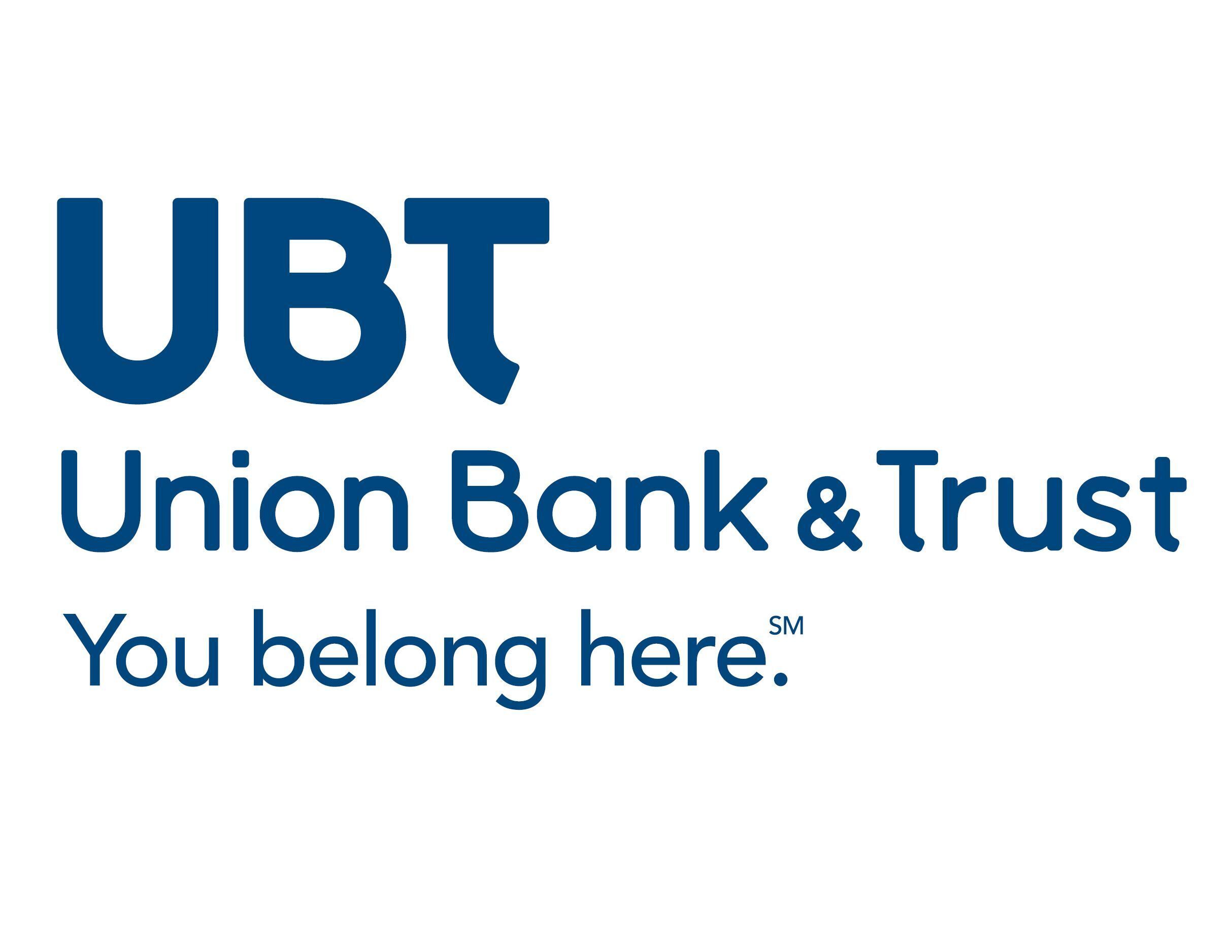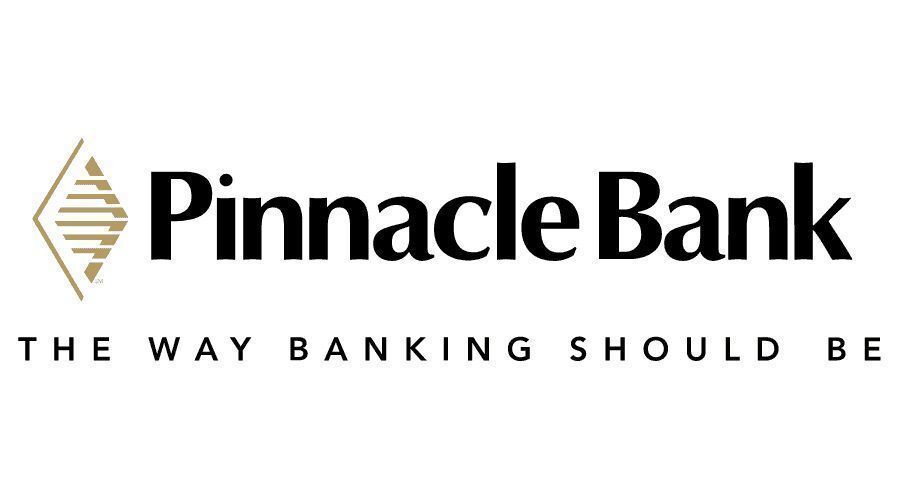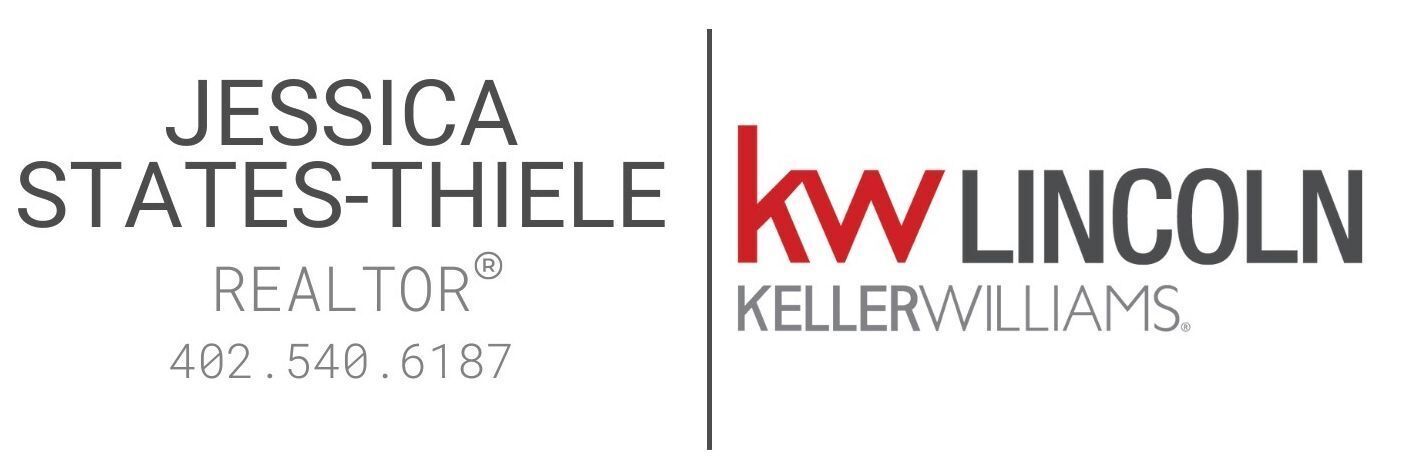Planned Giving
Making a planned gift to Capital Humane Society is a meaningful way to carry forward your compassion and concern for animals. Additionally, this type of giving may help you achieve specific financial goals, such as reducing or eliminating certain tax liability.
Bequests
Perhaps the most straightforward planned giving option is to make a bequest in your will. Regardless of your age or financial status, a will is essential to ensure that your property is distributed according to your wishes instead of the arbitrary laws of the state in which you live. For questions about giving to Capital Humane Society, consult your tax adviser first.
Naming Capital Humane Society as a Beneficiary
If you have a life insurance policy that is no longer needed to provide for dependents, consider making Capital Humane Society the beneficiary. This may enable you to make a significant gift to the shelter without using any of your estate's capital. A further option is to make Capital Humane Society both the beneficiary and owner of a paid-up policy. Doing so will earn you an immediate tax deduction equal to the policy's cash value.
Some assets, such as IRAs, Keogh Plans, and other qualified retirement plans, do not pass directly through your will and require you to name a beneficiary. Consider making the shelter a full or partial beneficiary. Such plans can be excellent choices for charitable gifting because they are taxed more heavily than other assets—sometimes greater than 60 percent.
A relatively easy planned giving option is to buy a Certificate of Deposit (CD) at your local bank and name the shelter as the beneficiary, payable-on-death. The CD can remain on deposit earning interest until the holder's death, then Capital Humane Society would receive its value. For questions about giving to Capital Humane Society, consult your attorney or tax adviser first.
Charitable Lead Trusts
This type of trust is opposite of the Charitable Remainder Trust. The donor agrees to give an asset to Capital Humane Society for a set number of years. At the end of the term, the asset is then transferred to specified family members at a reduced gift and estate tax rate. A Charitable Lead Trust may make sense for donors who exceeded the annual limits on income tax deduction for charitable gifts. For questions about giving to Capital Humane Society, consult your attorney or tax adviser first.
Donating Stocks, Bonds, and Securities
If you're looking for a way to help the animals, while also achieving specific tax benefits, donating stocks, bonds, and/or mutual funds might be right for you. For questions about giving to Capital Humane Society, consult your attorney or tax adviser first.
Gifts of Property/Real Estate
Gifts of appreciated property can be given to the shelter through a donor's will or living trust. The donor would receive an estate tax charitable deduction for the full value of the property. For questions about giving to Capital Humane Society, consult your attorney or tax adviser first.
For more information or if you have questions, please contact Shana Perry, Director of Development. You can reach her at 402-473-5365 or sperry@capitalhumanesociety.org.
-
 DuTeau
DuTeau -
















